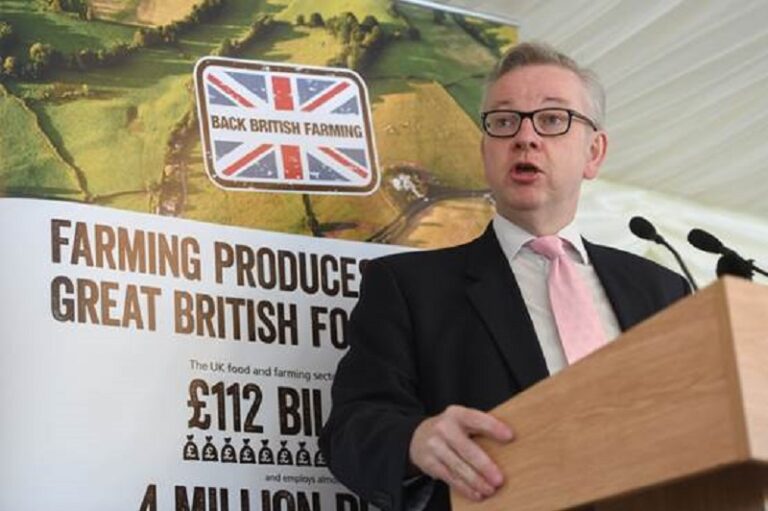Businesses and manufacturers will pay the full cost of recycling or disposing of their packaging waste, under a major new government strategy unveiled by the Environment Secretary.
The move will overhaul England’s waste system, putting a legal onus on those responsible for producing damaging waste to take greater responsibility and foot the bill.
The announcement forms part of the government’s ambitious new Resources and Waste Strategy, the first comprehensive update in more than a decade. It will eliminate avoidable plastic waste and help leave the environment in a better state than we found it for future generations.
Launching the strategy at Veolia’s recycling centre in London, one of the most advanced sorting facilities in Europe, Environment Secretary Michael Gove said: “Our strategy sets out how we will go further and faster, to reduce, reuse, and recycle. Together we can move away from being a ‘throw-away’ society, to one that looks at waste as a valuable resource.
“We will cut our reliance on single-use plastics, end confusion over household recycling, tackle the problem of packaging by making polluters pay, and end the economic, environmental and moral scandal that is food waste.“
To help drive up recycling levels further, the government will introduce consistent set of recyclable material for collection, subject to consultation. This will be funded by industry through Extended Producer Responsibility (EPR), which will see industry pay higher fees if their products are harder to reuse, repair or recycle and will encourage sustainable design, subject to consultation. EPR for packaging will raise between £500 million and £1 billion a year for recycling and disposal.
The move builds on the Autumn Budget, which announced a world-leading tax on plastic packaging which does not meet a minimum threshold of at least 30% recycled content, subject to consultation, from April 2022. This will address the current issue of it often being cheaper to use new, non-recycled plastic material despite its greater environmental impact.
The Resources and Waste Strategy sets out how government will:
- ensure producers pay the full net costs of disposal or recycling of packaging they place on the market by extending producer responsibility – up from just 10% now
- introduce a consistent set of recyclable materials collected from all households and businesses, and consistent labelling on packaging so consumers know what they can recycle, to drive-up recycling rates
- ensure weekly collections of food waste, which is often smelly and unpleasant, for every household – restoring weekly collections in some local authorities. This will be subject to consultation which will also consider free garden waste collections for households with gardens, to reduce greenhouse gas emissions from landfill
- introduce a deposit return scheme, subject to consultation, to increase the recycling of single-use drinks containers including bottles, cans, and disposable cups filled at the point of sale
- explore mandatory guarantees and extended warranties on products, to encourage manufacturers to design products that last longer and drive up the levels of repair and re-use
- introduce annual reporting of food surplus and waste by food businesses. Should progress be insufficient, we will consult on introducing mandatory targets for food waste prevention
- clamp-down on illegal movements of waste at home and abroad by introducing compulsory electronic tracking of waste, and tougher penalties for rogue waste crime operators if they mislabel their waste to dodge tax rules
The strategy sits alongside government’s 25 Year Environment Plan, the recently published Bioeconomy Strategy, and the Clean Growth Strategy which sets out how the UK is leading the world in cutting carbon emissions to combat climate change and driving economic growth.


